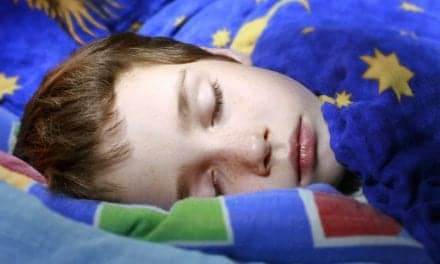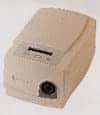Research reveals that nighttime light affects sleep duration and was significantly associated with sleep disturbances.
For the study, 15,863 people were interviewed by phone over an eight-year period. They were asked about sleep habits, quality of sleep as well as medical and psychiatric disorders. Then, with nighttime data from the Defense Meteorological Satellite Program, the researchers looked at how much outdoor light those people were exposed to at night. People living in urban areas of 500,000 people or more were exposed to nighttime lights that were three to six times more intense than people living in small towns and rural areas.
The study shows that nighttime light affects sleep duration and was significantly associated with sleep disturbances. People living in more intense light areas were six percent more likely to sleep less than six hours per night than people in less intense light areas. People living in more intense light areas were more likely to be dissatisfied with their sleep quantity or quality than people in less intense light areas, with 29% dissatisfied compared to 16%.
People with high light exposure were also more likely to report fatigue than those with low light exposure, with 9% compared to 7%. People with high light exposure also slept less per night than those with low light exposure, with an average of 412 minutes per night compared to 402 minutes per night.
In addition, people with high light exposure were more likely to wake up confused during the night than people with low light exposure, with 19% experiencing this compared to 13%. They were also more likely to have excessive sleepiness and impaired functioning, at 6% compared to 2%.









